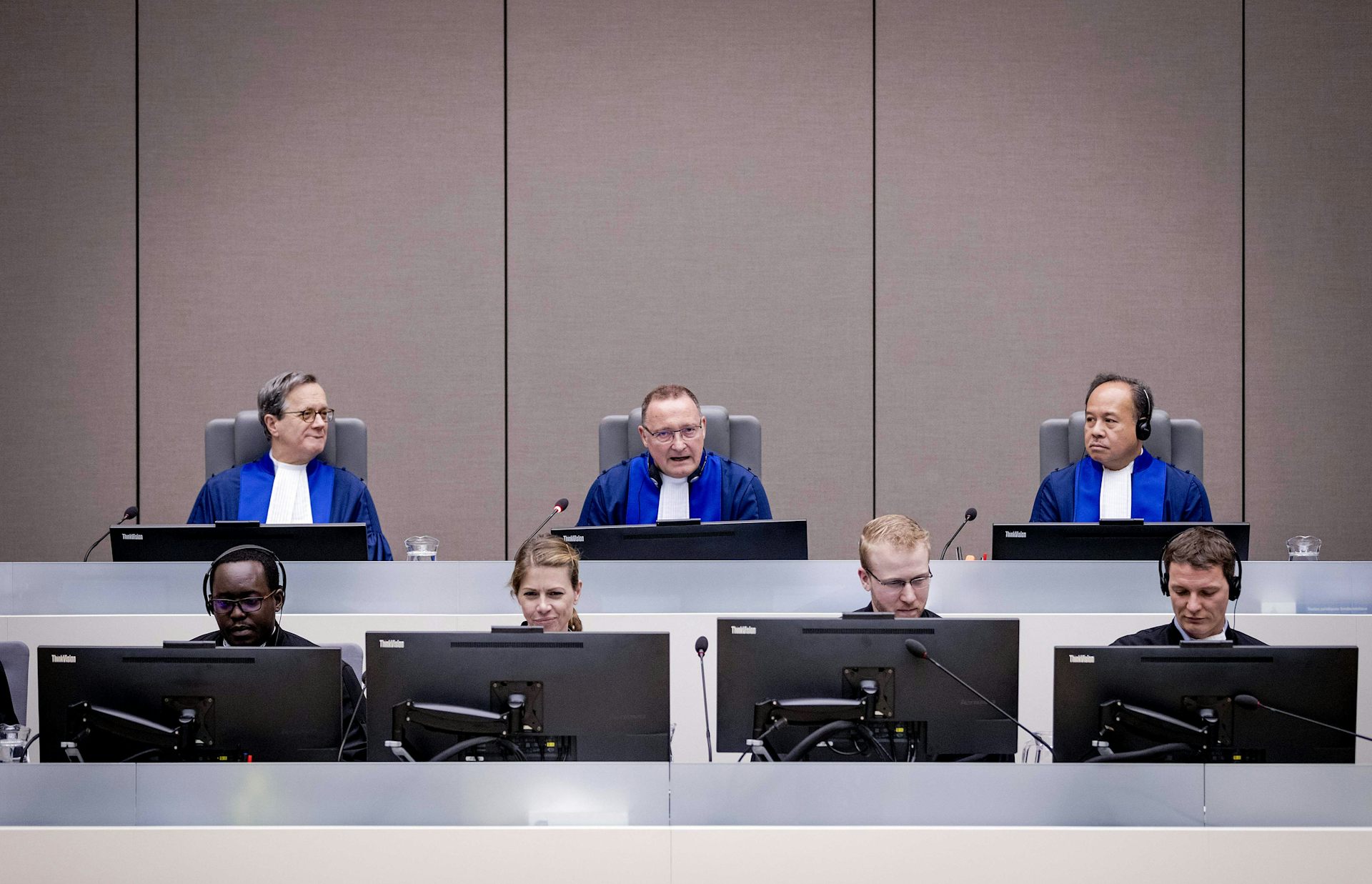
The African Union (AU), which replaced the Organisation of African Unity (OAU) in 2002, was founded on a peace and security platform. It was set up with the aim of tackling the continent’s peace and security challenges and to minimise Africa’s reliance on the international community for security support.
The AU’s peace building mandate is structured around the Peace and Security Council Protocol which lays out the African Peace and Security Architecture.
The role of this architecture is conflict prevention, peace-building, and post-conflict reconstruction and development. It also promotes democratic practices, good governance and respect for human rights. It is through these mechanisms that the AU pushes its peace agenda and works towards sustainable socio-economic development.
An additional, complementary mechanism that contributes to the AU’s peace and security work is the creation of a criminal court within the African Peace and Security Architecture. Eleven years ago, the protocol that merged the African Court of Human and Peoples’ Rights with the African Court of Justice was adopted.
Initially intended to deal exclusively with state disputes and human rights, its mandate was extended five years ago when the AU adopted the Malabo Protocol. This introduced criminal jurisdiction through an International Criminal Law Section.
The African Court on Human and Peoples’ Rights is up and running. But the criminal law section, which will operate within the proposed African Court of Justice and Human Rights, is not yet in force. That’s because member states have not ratified the Malabo Protocol. Historically, they take their time to ratify regional treaties. And in this case, many are unclear about the legal relationship between the proposed regional court and the International Criminal Court (ICC).
The move to create a regional criminal court was met with a great deal of criticism and scepticism. One of the main concerns was that it would give the AU jurisdiction over international crimes. This could have a negative impact on the African human rights system.
My thesis examines whether or not there is a need for a regional criminal court. I unpack what role it might play in the international criminal justice system.
I think the court would be a good idea as it would incorporate international and regional notions of justice. It would also cover a wider range of crimes, including corporate criminal liability. Additionally, the court would address the underlying causes of conflict. This has been completely ignored by the international criminal justice system.
Finally, the regional criminal court will give Africa greater ownership of the justice process. It will not replace the ICC; rather, it will be a complementary mechanism to ensure that justice is done.
Criminal liability
The AU’s judicial infrastructure is built on three pillars: general affairs, human and people’s rights, and the new criminal law section. The criminal law section was introduced to strengthen peace and security efforts, and promote justice and human rights.
The section’s main contribution is to prosecute 14 crimes. These include the four core international crimes of genocide, war crimes, crimes against humanity and the crime of aggression. These crimes are currently under the jurisdiction of the Rome Statute at the ICC.
The section will also prosecute treaty-based crimes including the crime of unconstitutional change of government, piracy, terrorism, mercenarism, corruption, money laundering, trafficking persons, trafficking in drugs, trafficking in hazardous waste, and the illicit exploitation of natural resources.
All 14 crimes speak to continental concerns. On top of this the treaty-based crimes are recognised as the underlying causes of conflict. So by holding perpetrators accountable, the section could act as a deterrent to conflict. This would contribute towards the African Peace and Security Architecture’s long-term goal to promote stability and enable socio-economic development.
This is a key means by which the African court can play a different role to the ICC. The current international criminal system doesn’t address underlying causes of conflict. This has often impeded reconciliation efforts.
Another gap the African court can fill would be to ensure that justice is done by prosecuting corporate actors who play a significant role in conflicts across Africa. Examples include the 2018 indictment of Lundin Petroleum executives for aggravated crimes against human rights in South Sudan. More indictments like these would help hold corporate actors criminally accountable for destabilising peace efforts and post-conflict development.
Differences
The issue of criminal liability has often put the AU at odds with the international criminal justice system. The regional body has been of the view that criminal proceedings undermine peace and reconciliation. The belief has been that both judicial and non-judicial efforts are necessary for justice to be done.
The organisation’s experience in conflict work, accountability initiatives, and development has cemented its view that justice must contribute to peace and security, positively impact development, and promote reconciliation. These aims have mostly been achieved through non-prosecutorial mechanisms.
But things will change with the placement of the International Criminal Law Section within the African Peace and Security Architecture. The section will offer a forum within which a broad range of crimes can be prosecuted. By reinforcing criminal justice the AU’s commitment to peace and security will be strengthened.
Importance of criminal courts
To have any lasting impact, African states must live up to their legal and political obligations by implementing AU decisions. They cannot take a passive role while at the same time calling for the AU to oversee peace, security and justice.![]()
Dominique Mystris, Senior Researcher, SA SDG Hub, University of Pretoria
This article is republished from The Conversation under a Creative Commons license.

